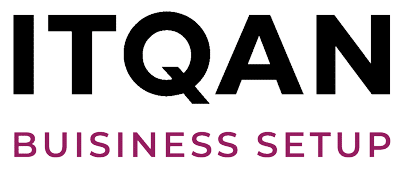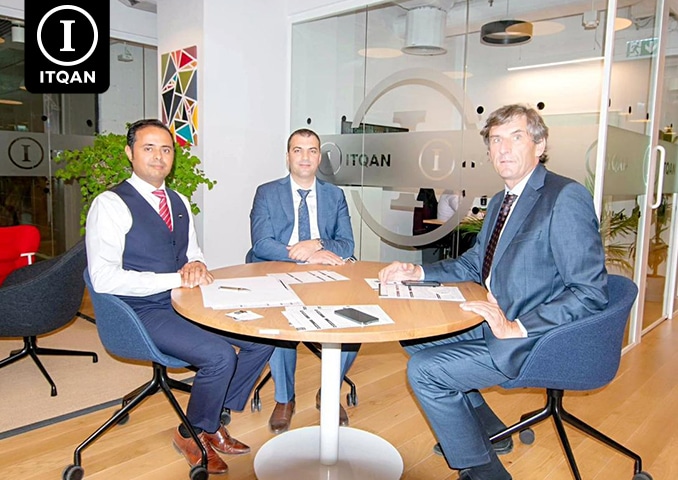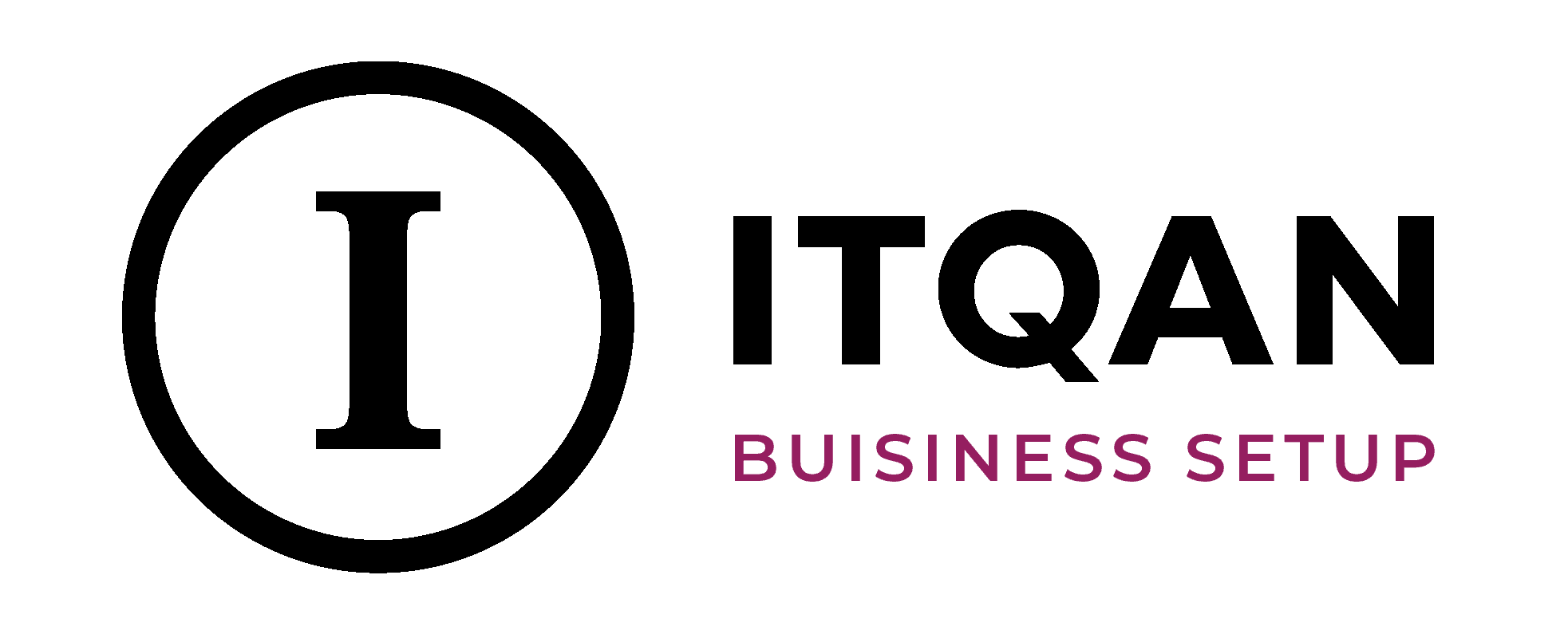Starting a business in Dubai can be an exciting and lucrative endeavor, given the city’s strategic location, strong infrastructure, and thriving economy. However, before you dive into the market, it’s crucial to conduct a thorough feasibility study. This study will help you assess the viability of your business idea, analyze potential challenges, and make informed decisions. In this comprehensive guide, we will walk you through the process of conducting a feasibility study for a business in Dubai, providing valuable insights to ensure your venture’s success.
How to Conduct a Feasibility Study for a Business in Dubai?
A feasibility study is a critical first step in establishing a business in Dubai. Let’s explore the step-by-step process of conducting a comprehensive feasibility study.
1. Define the Business Idea
The first step in conducting a feasibility study is to clearly define your business idea. Describe the product or service you intend to offer and identify your target market. Understanding your target market is essential as it will help you tailor your business strategies to meet the needs and preferences of potential customers.
Additionally, determine your Unique Selling Proposition (USP) – what sets your business apart from competitors. This will be a key factor in attracting customers and establishing a competitive advantage in Dubai’s market.
2. Research the Market
In-depth market research is vital to understand the industry landscape in Dubai. Analyze market trends, demand patterns, and customer behavior. Identify your competitors and study their strengths and weaknesses.
This research will enable you to uncover potential opportunities and threats in the market and assist you in making informed decisions about your business’s positioning and marketing strategies.
3. Legal and Regulatory Assessment
Dubai has specific legal and regulatory requirements for different types of businesses. Depending on your business activities and industry, you may need various permits, licenses, and approvals from government authorities.
Conduct a thorough review of the legal framework and ensure you comply with all necessary regulations. Failure to meet legal requirements can lead to penalties and delays in launching your business.
4. Economic Environment Analysis
Dubai’s economic stability and growth prospects play a crucial role in determining the success of your business. Analyze economic indicators such as GDP growth, inflation rate, and consumer spending trends.
Assess how economic factors may impact your business operations, sales, and profitability. A stable and growing economy provides a conducive environment for businesses to thrive.
5. Location and Infrastructure Study
The location of your business in Dubai can significantly impact its success. Consider factors such as accessibility, proximity to customers, suppliers, and transportation hubs.
Analyze the availability of essential infrastructure like utilities, logistics, and communication facilities. An optimal location with strong infrastructure can enhance operational efficiency and customer convenience.
6. Financial Feasibility Study
Conduct a detailed financial analysis to assess the financial viability of your business. Calculate the start-up costs, including capital investments and initial operating expenses. Estimate your projected revenue and cash flow for the first few years of operation.
Analyze the break-even point and evaluate the return on investment (ROI). A sound financial feasibility study will help you understand whether your business idea is financially viable and sustainable in Dubai’s competitive market.
7. Technical Assessment
If your business requires specialized technology or equipment, assess the technical feasibility of obtaining and maintaining them in Dubai. Consider factors such as availability, cost, and compatibility with local regulations. Ensure that you have access to the necessary technology and expertise to run your business smoothly.
8. Operational Viability Study
An operational viability study focuses on the day-to-day operations of your business. Identify the resources, personnel, and processes needed to deliver your product or service.
Consider the supply chain, production processes, and inventory management. This study will help you optimize your operational efficiency and ensure smooth business operations.
9. Environmental and Social Impact Study
In Dubai, businesses are increasingly expected to consider their environmental and social impact. Assess how your business activities may affect the environment and the local community.
Implement sustainable practices and social responsibility initiatives to contribute positively to society and demonstrate your commitment to ethical business practices.
10. Risk Analysis
Identify potential risks and challenges that your business may face in Dubai. These could include market risks, regulatory risks, and operational risks.
Develop contingency plans to address these risks effectively. Being prepared for uncertainties will enhance your ability to navigate challenges and secure the success of your business.
11. SWOT Analysis
Conduct a comprehensive SWOT analysis to understand your business’s internal strengths and weaknesses, as well as external opportunities and threats.
Utilize this analysis to develop strategies that leverage your strengths, address your weaknesses, capitalize on opportunities, and mitigate threats. A SWOT analysis is a valuable tool for strategic planning and decision-making.
12. Feasibility Report
Compile all the findings from your feasibility study into a comprehensive report. Summarize your research, analysis, and recommendations.
The feasibility report serves as a roadmap for your business, guiding your actions and decisions as you move forward. It is also an essential document when seeking funding or presenting your business idea to potential investors or partners.
13. Seek Expert Advice
While you may conduct much of the feasibility study independently, seeking expert advice can provide valuable insights and expertise. Consult with business experts, industry professionals, or business consultants to validate your findings and gain additional perspectives on your business idea.
14. Financial Projections
Based on the data gathered during your financial feasibility study, create realistic financial projections for the first few years of your business. Highlight anticipated revenues, expenses, and profitability. These projections will help you set clear financial goals and make informed financial decisions.
15. Funding Options
Evaluate various funding options available in Dubai to finance your business. This could include bank loans, venture capital, angel investors, or government grants. Consider the pros and cons of each funding source and choose the one that aligns with your business’s financial needs and long-term goals.
16. Execution Plan
Develop a comprehensive execution plan outlining the steps to launch and grow your business in Dubai. Set clear milestones and timelines for each phase of your business journey. The execution plan will serve as a roadmap to guide you through the implementation of your business strategies.
17. Marketing Strategy
Devise a robust marketing strategy to promote your business and attract customers. Utilize a mix of online and offline marketing channels to reach your target audience effectively. This strategy should encompass branding, advertising, social media marketing, and customer engagement.
18. Compliance and Legalities
Ensure your business complies with all legal and regulatory requirements in Dubai. Register your business and obtain the necessary licenses and permits. Complying with the law is crucial for operating legally and avoiding penalties or business interruptions.
19. Hiring and Talent Acquisition
Plan your workforce requirements and recruitment strategy. Hire skilled employees who align with your business goals and culture. Invest in employee training and development to build a strong and motivated team.
20. Monitor and Evaluate
Once your business is operational, regularly monitor its performance and evaluate its progress against set goals. Collect customer feedback and analyze business metrics to identify areas for improvement. Use this data to make data-driven decisions and enhance your business’s performance.
21. Adaptability and Resilience
In the dynamic and competitive market of Dubai, adaptability and resilience are essential traits for businesses. Stay flexible and agile to respond to market changes and emerging trends. Embrace innovation and continuously seek ways to improve and evolve your business.
22. Cultural Sensitivity
Dubai is a multicultural city, and it’s important to be culturally sensitive in your business practices. Respect local customs and traditions, and adapt your marketing and communication strategies accordingly.
Building strong relationships with customers and partners from different cultural backgrounds will contribute to your business’s success.
23. Networking and Partnerships
Establishing strong networks and strategic partnerships is valuable for business growth and expansion in Dubai. Collaborate with other businesses and industry players to leverage each other’s strengths and explore new opportunities.
24. Innovate and Differentiate
To stand out in Dubai’s competitive market, focus on continuous innovation and differentiation. Offer unique products or services that cater to customer needs and preferences. Differentiate your brand through exceptional customer service and memorable experiences.
25. Sustainability and CSR
Embrace sustainability practices and engage in corporate social responsibility (CSR) initiatives. Demonstrating a commitment to environmental sustainability and social causes can enhance your brand reputation and attract socially conscious customers.
FAQs – Frequently Asked Questions
Is Dubai a suitable place to start a business?
Yes, Dubai offers a conducive business environment, tax benefits, and access to a diverse market, making it an attractive destination for entrepreneurs.
How long does it take to conduct a feasibility study?
The duration of a feasibility study varies depending on the complexity of the business idea, but it typically takes several weeks to a few months.
What are the common challenges faced by businesses in Dubai?
Some common challenges include stiff competition, cultural differences, and the need to comply with strict legal and regulatory requirements.
Can I conduct a feasibility study on my own?
While it’s possible to conduct a feasibility study independently, seeking expert advice and consulting with professionals can provide valuable insights.
How much funding do I need to start a business in Dubai?
The required funding depends on the nature and scale of your business. Conduct a detailed financial analysis to determine the exact amount needed.
Are there any government incentives for new businesses in Dubai?
Yes, the Dubai government offers various incentives and initiatives to support and encourage new businesses in the city.
Conclusion
Conducting a feasibility study is a vital step in starting a successful business in Dubai. By following the outlined steps and thoroughly analyzing various aspects, you can make informed decisions and lay a strong foundation for your venture.
Remember to stay adaptable, innovative, and culturally sensitive as you navigate the dynamic and thriving market of Dubai. With the right approach, dedication, and determination, your business can flourish in this global business hub.







